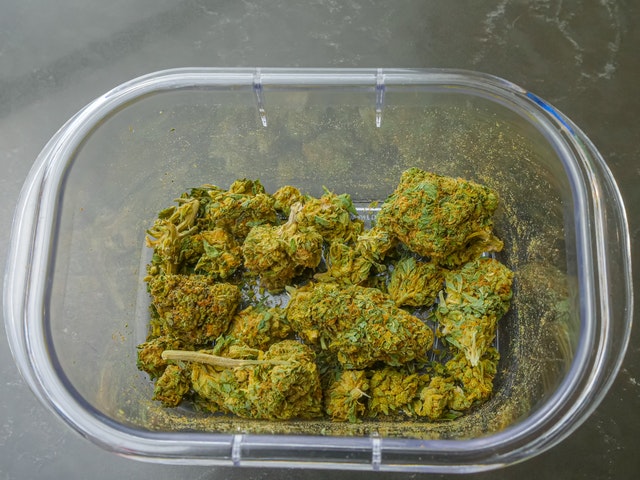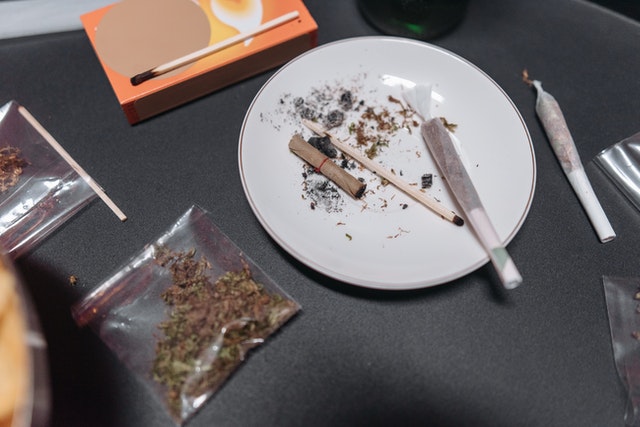As Germany ramps up its plans to legalize recreational cannabis by the end of this year, experts are predicting demand for 400-600 tons of dried flowers per year. This demand has to be met somehow, and some are warning it will not be possible to cover this demand with domestic production alone. The country must engage in international trade agreements, which is easier said than done.
Germany Will Need to Produce 400-600 Tons of Cannabis a Year


While the plan to legalize cannabis in Germany should be presented by the end of the year, Europe’s leading economy began hearings this month from more than 200 experts in addictions, medicine, and law to prepare for the legislative process.
In an interview with the online news portal Web.de, Burkhard Blienert, German Government Commissioner for Addictions and Drugs, said that these consultations would pave the way for the presentation of the first piece of legislation by October 2022, with first sales estimated on 1 January 2024, or even earlier.
For more news like this, download our free cannabis news app.
Supply, the Main Stumbling Block for Germany
Burkhard Niermann believes that one of the big problems Germany will face is supplying the market from day one.
He told BusinessCann, “The demand for 400-600 tons of dried flowers (per year) has to be met somehow. It will not be possible to cover this demand by national production; imports are necessary.”


“We must therefore find countries that share the same ideas and with which we can conclude international trade agreements by legally modifying the regulations of the single conventions.”
German Legalization Presents EU Convention Problems
The means by which Germany will legalize cannabis while respecting international and European conventions and regulations are proving to be challenging.
Burkhard Blienert addressed this point in his interview with the German online news outlet Web.de: “The protection of consumer health must be the focus. And no one can say anything against health protection.”
He added: “Across Europe, we have a debate about how to deal with cannabis. This is why we are also putting the international question on the agenda of the German consultation process. We need a solution as to how the whole can be organized within the framework of European and international law.”
An International Diplomatic Effort
“It will represent a huge diplomatic effort for German government authorities, in particular, to convince member states and EU officials that a licensed supply chain would not violate EU regulations.”
When Canada and Uruguay legalized cannabis for adult use, they were threatened with sanctions by the International Narcotics Control Board, without any punitive measures being taken.
In a recent report, Kenzi Riboulet-Zemouli highlighted the potential leeway in international conventions to allow countries like Germany to regulate uses other than medical and research.
—
(Featured image by Kindel Media via Pexels)
DISCLAIMER: This article was written by a third-party contributor and does not reflect the opinion of Hemp.im, its management, staff, or its associates. Please review our disclaimer for more information.
This article may include forward-looking statements. These forward-looking statements generally are identified by the words “believe,” “project,” “estimate,” “become,” “plan,” “will,” and similar expressions. These forward-looking statements involve known and unknown risks as well as uncertainties, including those discussed in the following cautionary statements and elsewhere in this article and on this site. Although the Company may believe that its expectations are based on reasonable assumptions, the actual results that the Company may achieve may differ materially from any forward-looking statements, which reflect the opinions of the management of the Company only as of the date hereof. Additionally, please make sure to read these important disclosures.
First published by Newsweed, a third-party contributor translated and adapted the article from the original. In case of discrepancy, the original will prevail.
Although we made reasonable efforts to provide accurate translations, some parts may be incorrect. Hemp.im assumes no responsibility for errors, omissions, or ambiguities in the translations provided on this website. Any person or entity relying on translated content does so at their own risk. Hemp.im is not responsible for losses caused by such reliance on the accuracy or reliability of translated information. If you wish to report an error or inaccuracy in the translation, we encourage you to contact us.



Comments are closed for this post.